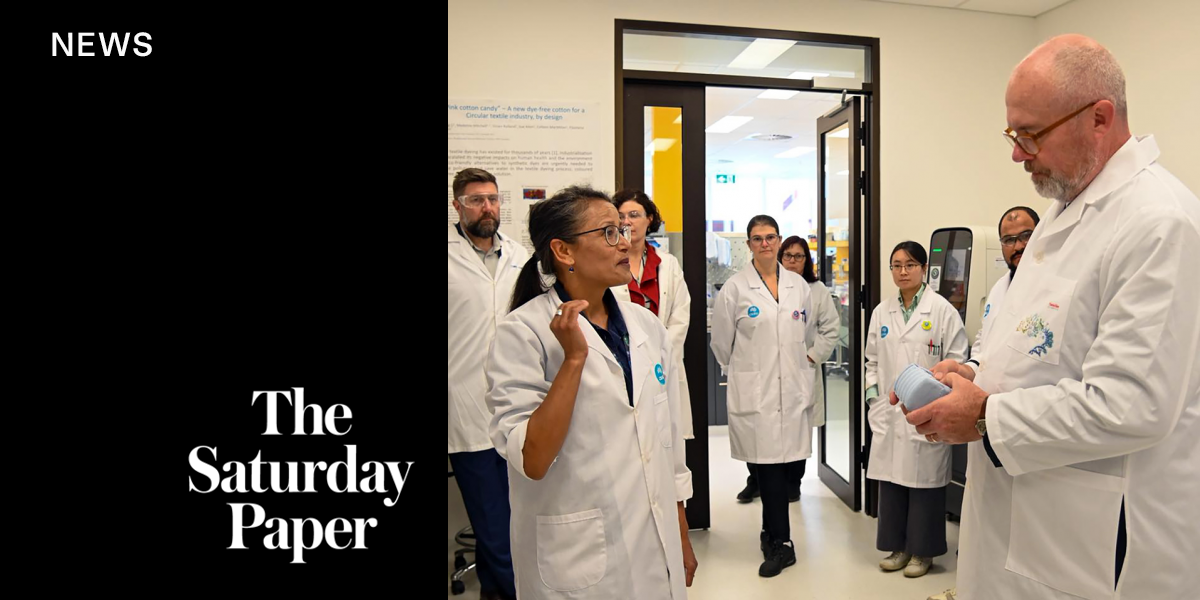
The Commonwealth Bank of Australia (CBA) has reversed its decision to eliminate 45 call center positions following the rollout of an artificial intelligence-powered chatbot. The bank admitted to an oversight in assessing “all business considerations” when initially announcing the job cuts.
Last month, CBA introduced a new system designed to automate simple customer queries, which led to the decision to cut these positions. However, the Finance Sector Union (FSU) reported that the remaining staff struggled with an increased volume of calls, prompting management to offer overtime and require team leaders to handle calls directly.
Union Pressure and Fair Work Commission Involvement
The reversal came after a dispute at the Fair Work Commission and mounting pressure from the FSU. The bank has now decided to offer the affected employees the option to remain in their current roles, accept a redundancy package, or seek redeployment within the organization. This development was initially reported by the Australian Financial Review.
On Thursday, CBA confirmed the change of course. Despite the reversal, the bank continues to implement AI technologies, which remain a priority for CBA’s chief executive, Matt Comyn.
Union’s Response and Broader Implications
FSU national secretary Julia Angrisano hailed the decision as a significant victory for workers, emphasizing the need for employees to be involved in discussions about technological advancements in the banking sector.
“CBA has been caught out trying to dress up job cuts as innovation. Using AI as a cover for slashing secure jobs is a cynical cost-cutting exercise, and workers know it,” Angrisano stated.
A CBA spokesperson acknowledged the error, apologizing to the staff and committing to a review of internal processes to prevent similar issues in the future.
“CBA’s initial assessment that the 45 roles in our Customer Service Direct business were not required did not adequately consider all relevant business considerations and this error meant the roles were not redundant,” the spokesperson said.
AI in Banking: A Double-Edged Sword
The introduction of AI in banking is a double-edged sword, offering increased efficiency but also raising concerns about job security. The CBA case highlights the delicate balance between technological advancement and workforce stability.
Experts in the field suggest that while AI can handle routine tasks, the human element remains crucial for complex customer interactions. This incident underscores the importance of thorough impact assessments before implementing technology-driven changes.
As banks continue to invest in AI, the dialogue between management, employees, and unions will be vital to ensuring that technological progress does not come at the expense of job security.
Looking Ahead: CBA’s Next Steps
Moving forward, CBA has pledged to improve its internal review processes to better assess the implications of technological changes. This commitment aims to prevent future missteps and foster a more inclusive approach to innovation.
The situation at CBA serves as a cautionary tale for other financial institutions navigating the integration of AI technologies. As the banking sector evolves, balancing innovation with employee welfare will be essential to maintaining trust and stability.





